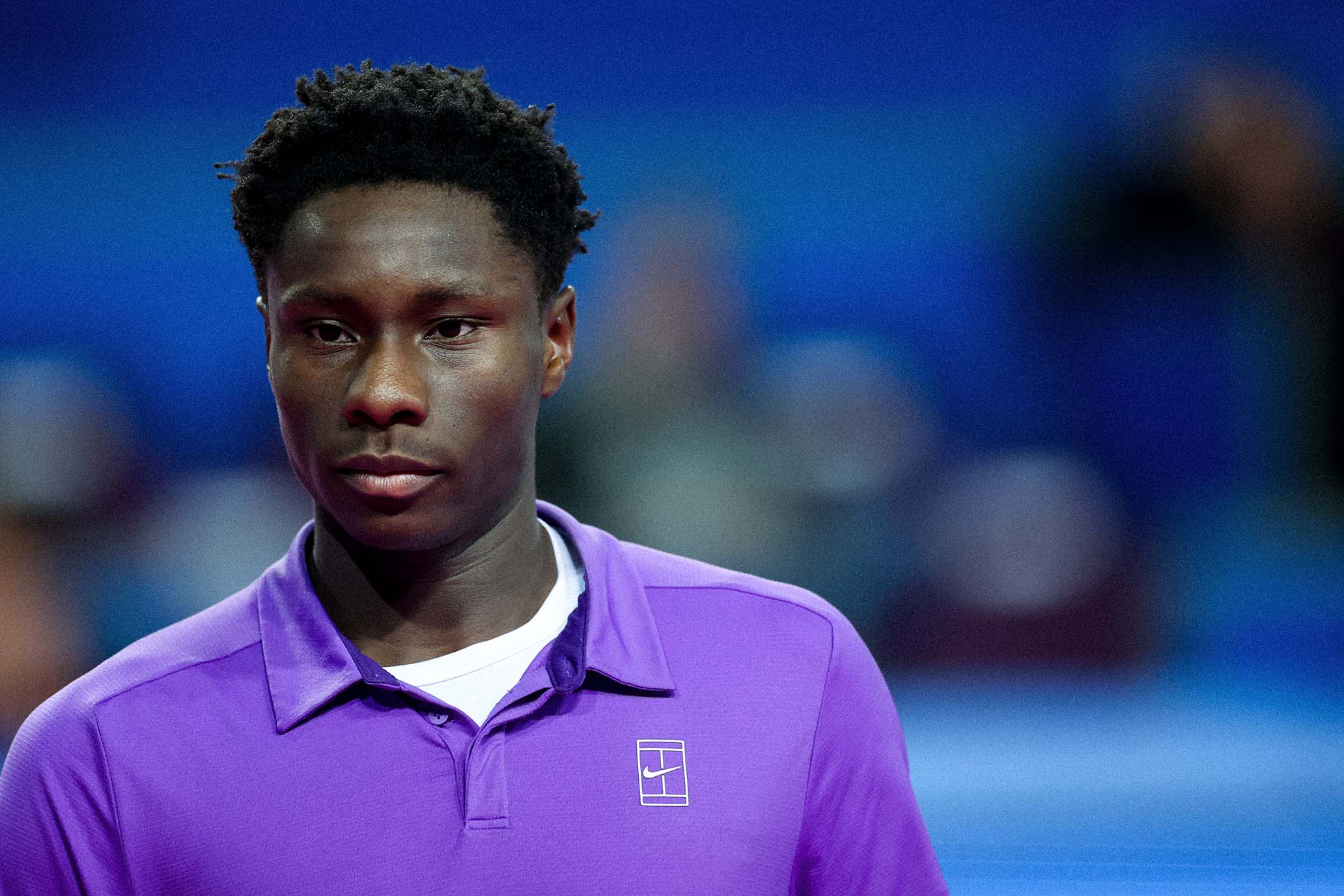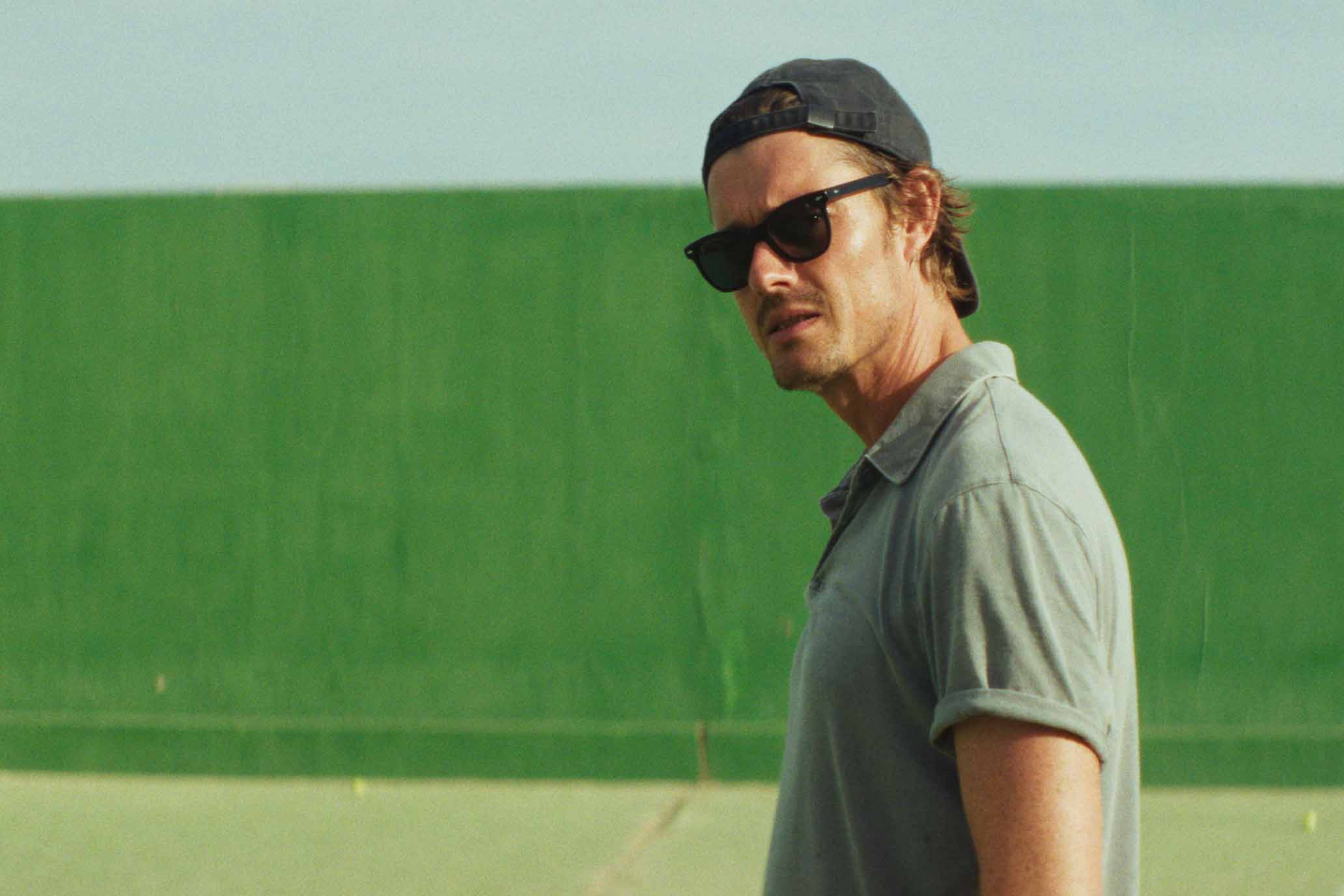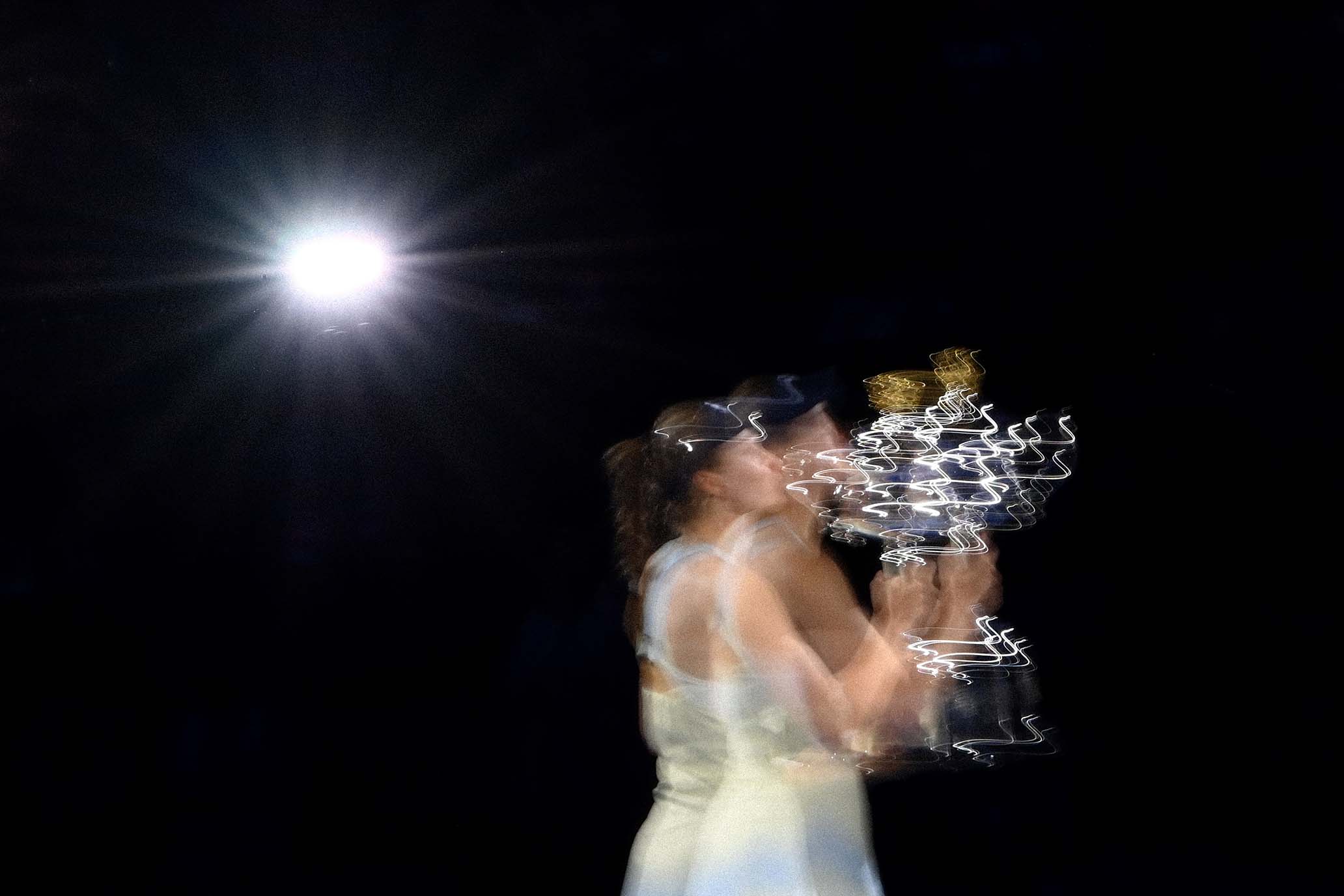Alejandro Davidovich Fokina dreams big.
Alejandro Davidovich Fokina dreams big.
Despite finals setbacks, Foki has his sights set on the majors.
Despite finals setbacks, Foki has his sights set on the majors.
By Karina Niebla // CLAYJuly 30, 2025
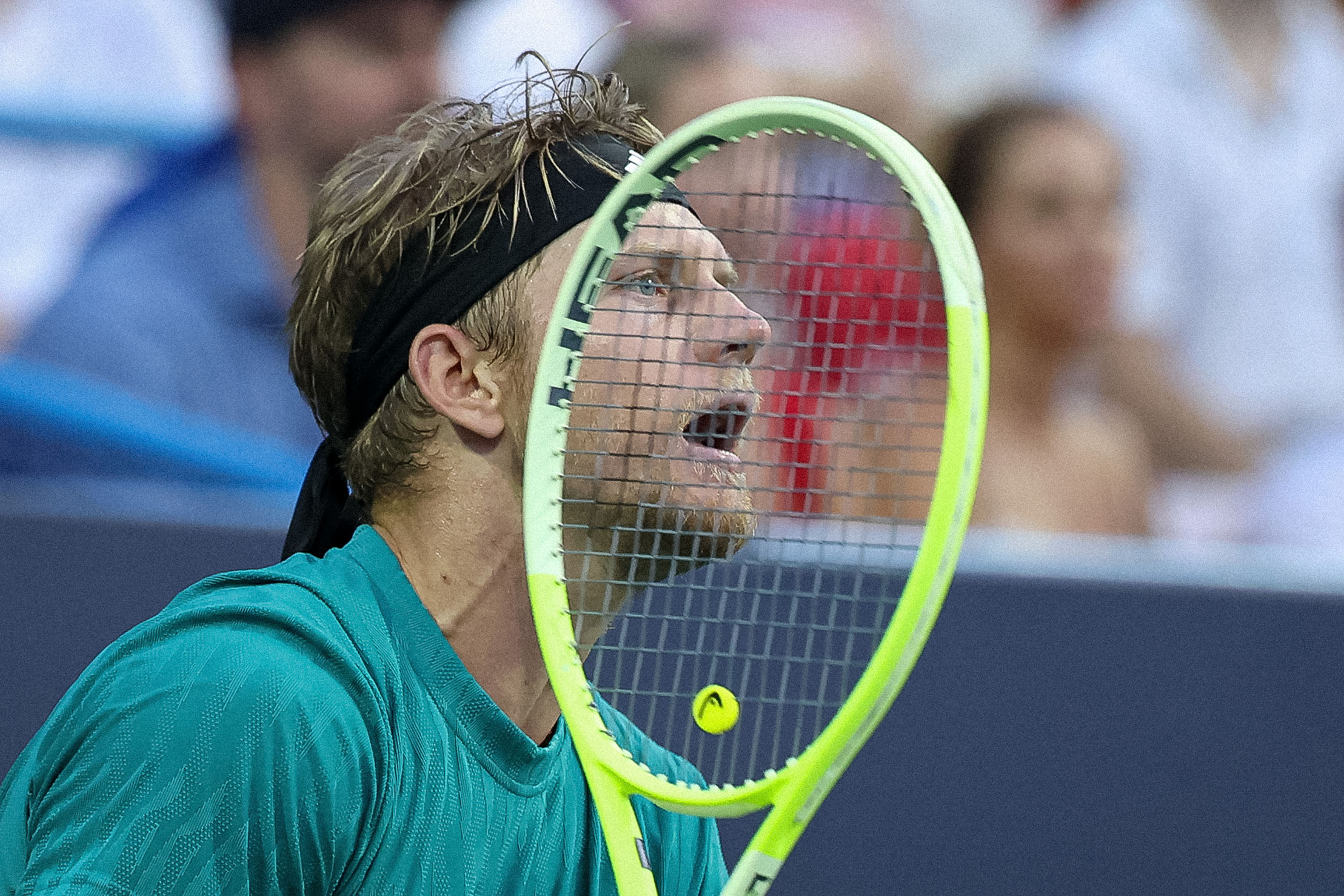
Foki tries to go the final mile in DC. // Getty
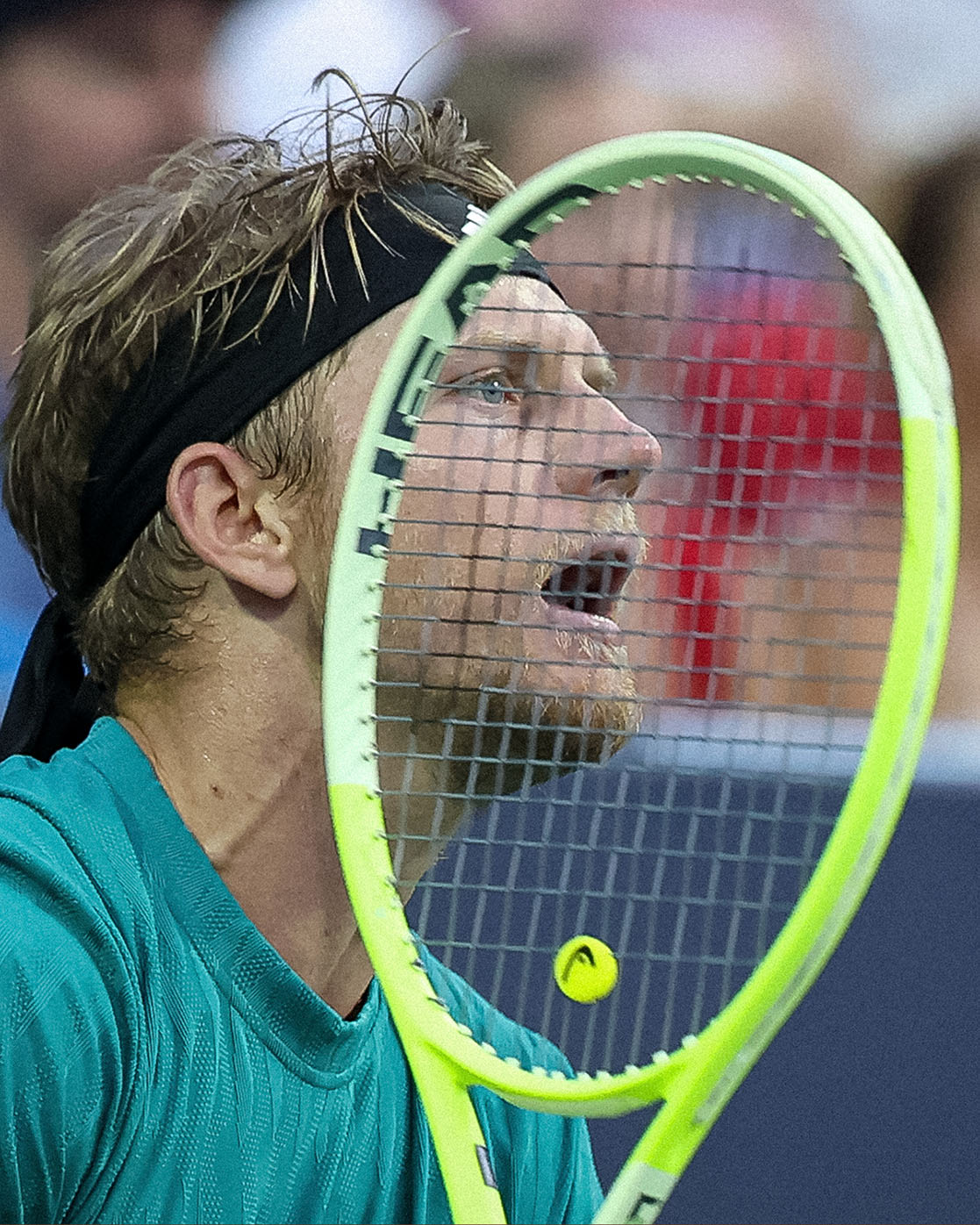
Foki tries to go the final mile in DC. // Getty
HAMBURG—Reaching a final, if not actually winning one, is most likely the goal of any pro tennis player. Losing them every time is certainly not, but that’s the recent reality for Spain’s Alejandro Davidovich Fokina: He’s played four finals on the ATP Tour and lost all four, the most recent being his gut-wrenching loss to Alex de Minaur in D.C. on Sunday. And cracking the top 20 for the first time, it seems, was no consolation.
“I’m happy to be in the top 20, but the goal was to win the title,” Davidovich Fokina said after his most recent finals defeat, in which he was up a break in the third set and with match points on his racquet, before ultimately losing the match—a near mirror image of his loss in February in the Delray final against Serbia’s Miomir Kecmanovic. Another final was lost to Tomas Machac in Acapulco in March.
CLAY’s Karina Niebla sat down for a long chat with Foki this year at the Hamburg Open. Known for his sometimes harsh demeanor and sharp tongue—and for being superstitious enough to have been playing in one white and one black sock since he was 15 years old—the Spaniard revealed himself to be a sensitive, at times candid, person, although he describes himself as sometimes having the bearing of “a volcano.”
You’ve been very close to winning a title on several occasions. How do you deal with the mix of hope and pressure that comes with being so close?
This is the year I’ve felt closest to winning that first title. The year is still long, there are many tournaments, and obviously every week I try to go further and beat better players. But above all, I try to enjoy being on court and give my best version.
You’ve had some very important wins this year, like the ones over Taylor Fritz and Andrey Rublev. Was there any change in your game or in how you approach matches that’s helped you take that step forward?
It all started in May last year when I left the coach I’d had my whole life and decided to make a change. I moved from Spain to Monaco, where the top players train, and I rebuilt my team. It’s true that until November someone from the old team was still with me, but it felt like starting from scratch. It wasn’t easy. I was pretty out of it, wanting the season to end because the decision wasn’t easy, but I don’t regret for one second stepping out of that comfort zone and facing those fears.
How did you face them? What kind of mental work did you do?
When I was younger I worked more with a psychologist, but I haven’t done that in a long time. I don’t think it helped me much. It’s more about a shift inside you and what you want to do. In the end, if you decide to do something, it doesn’t matter if 20 people tell you. And if you don’t want to do it, you won’t. The only way to face those fears is to decide for yourself that you don’t need anyone’s help to do it. And that’s what I did.
Speaking up helps too, right? In a post-match interview after failing to close it out—and even serving underarm when you were close to match point—you were very honest and said, “I shit myself.”
After Wimbledon, yes. It was a very tense moment, and I admitted it was a mistake, but that’s how it goes. At other times, I don’t feel that pressure or don’t go for the underarm serve, and nothing happens.
If you could choose any tournament to win your first title, which one would it be?
Roland-Garros.
Do you feel like there is much more pressure at a Grand Slam, like it’s another dimension?
All Grand Slams are very special for everyone, and you have to play best-of-five…. At the end, I’m one of the players with the best percentage in long matches, so it doesn’t feel that tough. Of course, I’d like to win more matches in straight sets, but everyone plays well. There are lots of ups and downs. Matches are long, so it’s normal to lose a set or two. You have to adapt to the situation.
What did you think of Nadal’s very brief farewell in your hometown, Málaga? The tribute in Roland-Garros seems like it’ll make up for that, at least in part.
I thought it was really sad. I think they had a proper farewell planned for later, but since Spain lost in the first round, it turned out like that. When I saw it, I said, “A tennis legend doesn’t deserve a send-off like that.” And not just in tennis, but off the court, too. For me, every tournament in the world should honor him. Roland-Garros is one of them. Nadal is the one who’s won this Slam the most, so it’ll surely be a beautiful moment.
What’s the hardest part of this sport?
Staying at the top. Many players get there, but staying is the hardest thing.
How do you deal with a loss? Do you isolate, do something else, move on quickly?
Now I know how to handle losses well. I know that in tennis, you win and lose every week, and you have to manage that. If you’re well supported, your team understands that. They know you’ll have another shot the following week. It’s about seeing it as a process, learning from your mistakes, and correcting them.
Does the ranking weigh on you? Or do you try not to think about it?
It weighed on me more when I was ranked 70th, at the beginning of the year. I think I’m lucky to be where I am now, and it doesn’t bother me. I want to keep moving forward and enjoy every week. I have to stay humble with every moment and everything that happens around me.
Have you gone through rough patches or moments where you thought it wasn’t worth continuing?
Last year I had a moment like that. If I’d known what was coming, I would’ve signed for that bad end of the year to start the best year of my career. In the end, going out there and losing over and over made me stronger.

PURE, ORIGINAL TENNIS — SIGN UP!
RECOMMENDED
A Future For France
AUSTRALIAN OPEN
Film Review: Islands
FILM REVIEWS
Elena Rybakina Summons the Ghosts
AUSTRALIAN OPEN
